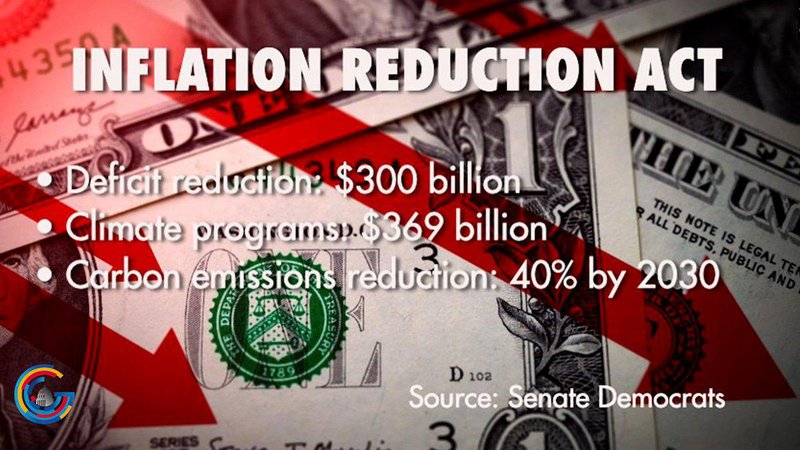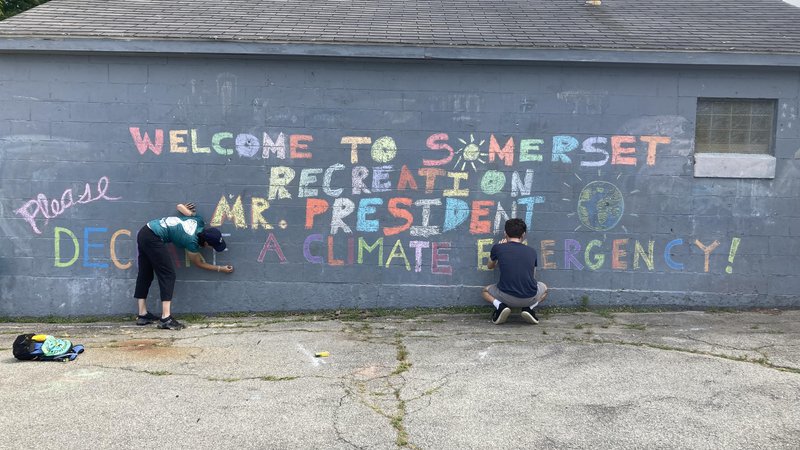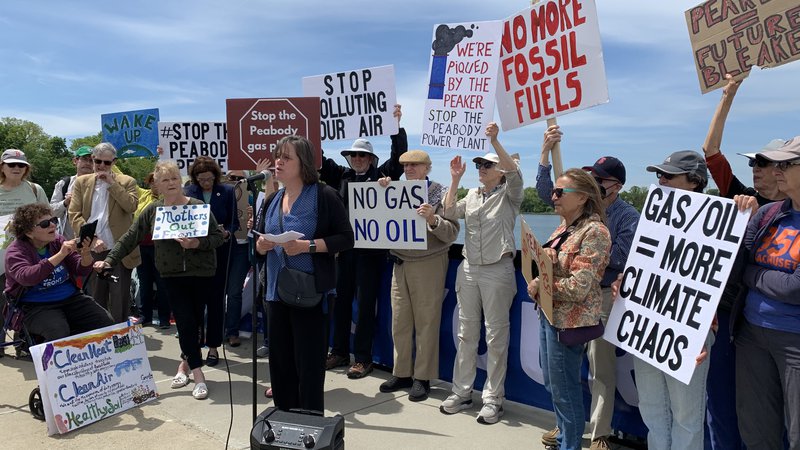
Extinction Rebellion Boston's Statement on Biden's Climate Plan
On April 22, Earth Day 2021, Biden announced his goal to cut the United State's emissions in half by 2030. He made clear that the United States will meet its commitment to the Paris Climate Agreement that President Donald Trump chose to abandon, despite the fact that the large majority of American's felt that the U.S. should remain committed to the agreement.
"This is a moral imperative, an economic imperative.. A moment of peril, but also a moment of extraordinary possibilities," Biden said. If the global society does not manage to keep temperatures from rising 1.5 Degrees Celsius since pre industrial levels, the world economy will suffer $23 trillion in losses within a few decades from increasingly severe weather events and the spread of dangerous disease. Not to mention massive amounts of unnecessary suffering and death resulting from failing crops, water shortages, and the spread of disease from human's destruction of ecosystems.
In order to reach his target of cutting emissions in half by 2030, the United States needs to eliminate the use of coal for electricity and replace millions of gas-powered cars with electric vehicles. John Kerry, head of the global Climate Envoy, feels that it is likely that the United States will succeed in reaching Biden's goal because of the trajectory that the market is currently heading.
While these goals put the United States in line with most of the targets of the European Union (with the exception of Great Britain which is more aggressive), cutting emissions in half by 2030, according to the IPCC and scientific consensus, is not urgent enough to avoid what climate scientists call an 'uninhabitable hothouse Earth.' Earth's tipping points have been reached much more quickly than scientists originally projected, and some scientists believe that we have already surpassed our 1.5 degree C of warming budget because of the amount of Carbon and other greenhouse gases that are currently in the atmosphere. They state that we simply cannot afford to continue burning at the level we are if we want to ensure a safe and habitable Earth for our children, and that we only have 7 years left to reach net zero emissions.
The goal of cutting emissions in half by 2030 falls short of what is scientifically realistic to maintain a habitable Earth.
Biden's plan did not take into account several key factors. A letter from Greta Thunberg names a few: "And these targets could be a great start if it wasn’t for the tiny fact that they are full of gaps and loopholes. Such as leaving out emissions from imported goods, international aviation and shipping, as well as the burning of biomass, manipulating baseline data, excluding most feedback loops and tipping points, ignoring the crucial global aspect of equity and historic emissions, and making these targets completely reliant on fantasy or barely existing carbon-capturing technologies."
Climate activists, especially those in poorer countries who have done the least to cause the climate crisis, feel that Biden's pledge is not doing enough to protect them and are concerned that his pledge has not been translated into law. There is no legal imperative or consequence for not meeting his target.
Locally, Biden's climate plan shows how Massachusetts Climate Roadmap Bill S.9 is weak and doesn’t do nearly enough to protect the constituents of Massachusetts and the global population from the catastrophic consequences of waiting to reduce emissions.
The United States only accounts for 15% of global emissions, but is a powerful global player and has a responsibility to set a precedent on climate action that will actually succeed at protecting all life on Earth - not just the lives of people lucky enough to be born into wealthy countries, but the lives of people in the Global South and all animal and plant life that are currently suffering under the effects of the first world’s inability to commit to appropriately urgent action.
Related Stories:
Featured:
-
Stop the Fossil Fuel Industry, Now: List of events for Extinction Rebellion Boston's September week of rebellion
-
A compilation of books, movies, articles, and ways to take action to protect Black lives
-
Nadia Colburn, PhD and member of Extinction Rebellion Media team, discusses how to talk about the climate and ecological crisis with family and friends.
Upcoming Events:
-
Sat Apr 20th @ 2 p.m.
-
Sun Apr 21st @ 2 p.m.
-
Sun Apr 21st @ 7 p.m.









